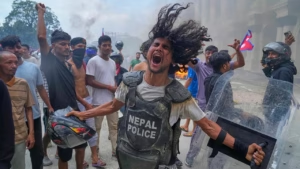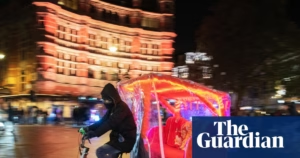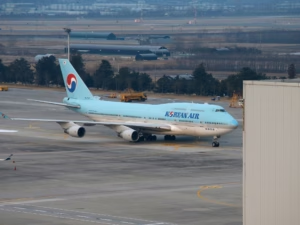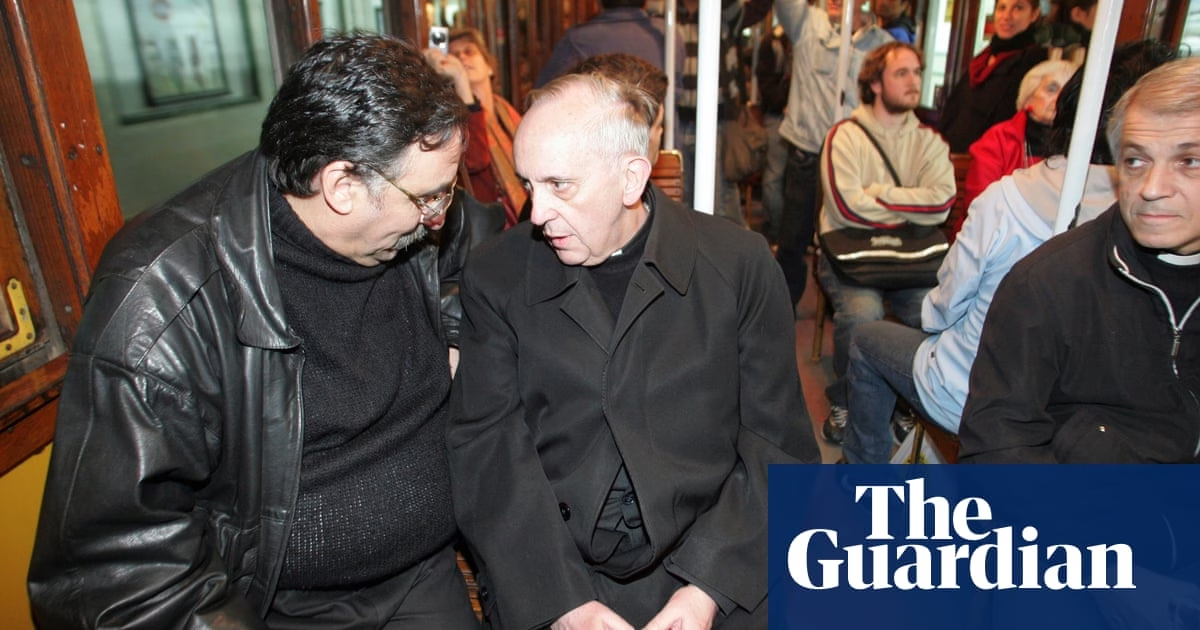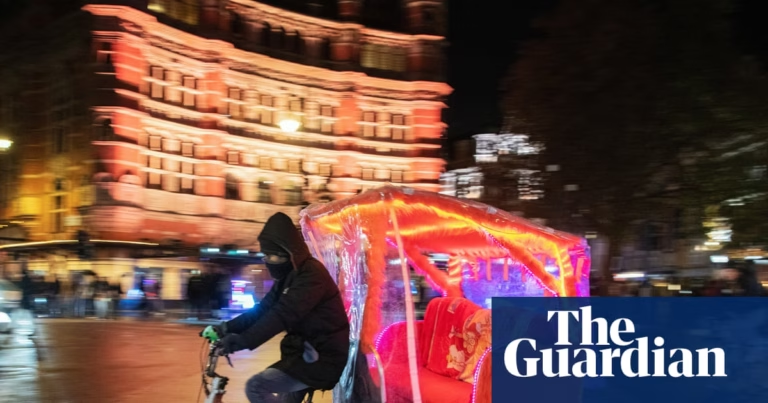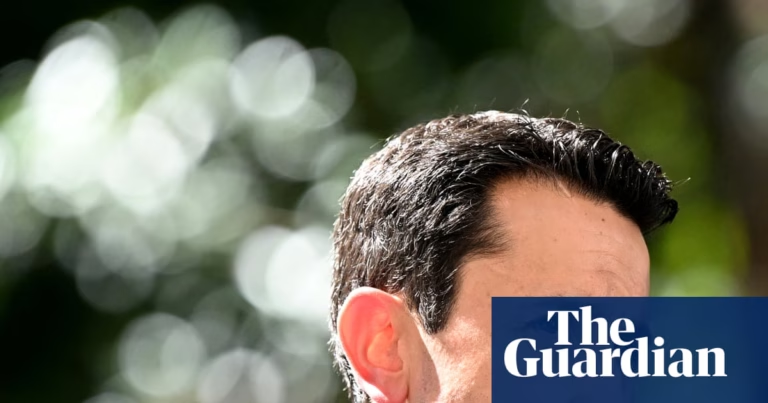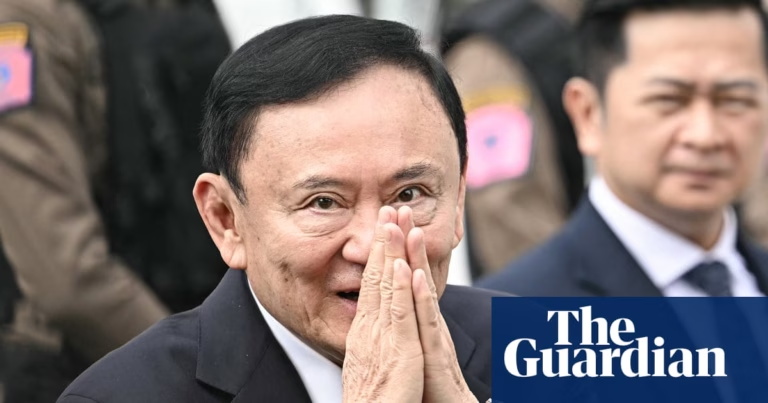Before Jorge Mario Bergoglio left Argentina and moved to Italy to become Pope Francis, he would often visit the country’s poorest neighborhoods, known as villas miserias, not in a car flanked by security guards but by bus. This is how his people remember him. “He would come here, kiss our feet, the feet of the people,” said Aida Bogarin, aged 44. “It was everything to us.”
For decades, Bergoglio worked in the capital’s poorest neighborhoods, earning him the nickname the “priest of the slums”. In Villa 21-24, locals have been gathering to pray for the pontiff battle a serious case of double pneumonia. But recently, the Vatican confirmed that Pope Francis, the first Latin American leader of the Roman Catholic church, had died.
“It was a privilege when he came to us,” said Juan Ramón Congo, a 60-year-old cook. Ramón Congo was confirmed by Pope Francis – then an archbishop – in the late noughties. “He would walk around, listen to us, it helped us a lot. I miss him being here, eating cheesy buns, and sharing mate [an Argentine tea].”
Bergoglio was born in 1936 in the working-class barrio of Floresto to a family of Italian migrants. In his youth, Bergoglio felt compelled to enter the Basilica of St Joseph in Buenos Aires, saying it was as though “someone grabbed him from inside”.
As a young man, Bergoglio initially worked as a bouncer and janitor, before later graduating in philosophy. After 13 years of study, Bergoglio became a priest. He was placed in charge of the Jesuits of Argentina, became an auxiliary bishop and then archbishop of Buenos Aires. In 2001 he was created cardinal, and in 2013 made history by becoming the first Latin American pope.
Padre Lorenzo de Vedia, known as Padre Toto, first met Bergoglio when he was still a young priest. “He would come into the villas and listen to everyone,” he said. “The people of the villa have always felt marginalised, underlooked, cast aside. But his presence, and the way he treated them, gave them dignity.”
The pope’s followers were disappointed that the 88-year-old had not returned to his homeland since becoming head of the Catholic church in 2013. “I don’t know why he has never come back. Perhaps because of politics, perhaps because Argentina legalised abortion,” said Bogarin.
The current government is led by hard-right president Javier Milei, who has been at odds with the pontiff’s views. Milei said the pontiff was “always standing on the side of evil”. Francis also criticized Milei’s government, accusing it of using force against protesters. The pope did, however, welcome Milei to Rome last year, where the pair exchanged gifts.
Many Argentinians say they would like to welcome Francis home, regardless of recent political challenges. They are now preparing to hold special services for the pope, to honor and celebrate their fellow countryman. The Argentinian government has declared seven days of national mourning.
“Even though he was not here, we always felt his closeness,” said Toto. “We always will.”
Source: https://www.theguardian.com/world/2025/apr/22/pope-francis-argentina
